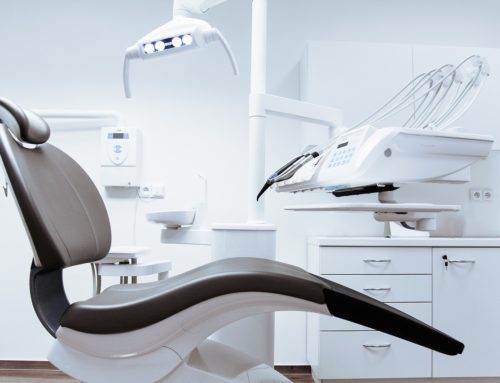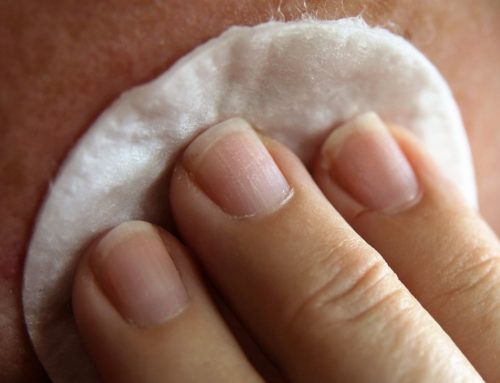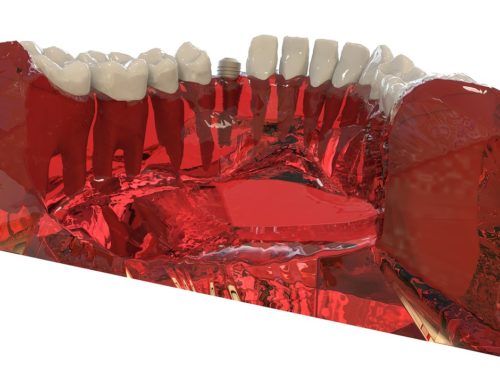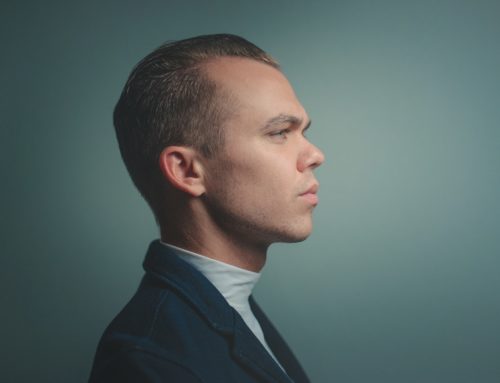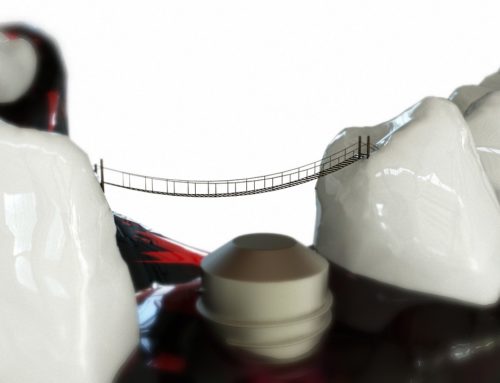Dr. Farole frequently cares for patients in the Greater Philadelphia, Delaware and New Jersey area who report that they do everything right when it comes to getting enough rest, but still wake up tired every morning.
If you’re feeling this way too, the problem could be sleep apnea, a condition that causes people to wake frequently in the night. Knowing the signs is the first step to getting effective treatment – and feeling lots better during the day.
What is Sleep Apnea?
According to WebMD, sleep apnea is a condition where your breathing is often blocked or partly blocked while you sleep. The condition can be mild to severe, based on how often your lungs don’t get enough air. You may be waking anywhere from 5 to 50 times per hour during sleep, greatly reducing the rest you actually get.
Most people with sleep apnea suffer from what is known as obstructive sleep apnea, which results from blocked or narrowed airways in your nose, mouth or throat. Less common is central sleep apnea, which can occur after a stroke, heart failure or as the result of a brain tumor or infection.
What causes Obstructive Sleep Apnea?
Your airways can become blocked when your throat muscles and tongue relax during sleep. Sometimes, this is caused by large tonsils or adenoids. During the day you may not experience any problems, but when you lie down at night, they can press on your airway, narrowing it and causing sleep apnea.
Sleep apnea is also much more likely to occur if you’re overweight, if you use alcohol or certain medicines before bed, or if you sleep on your back.
What are the symptoms?
You may have sleep apnea if you notice that:
- You are not well rested, even after what you think is a full night’s sleep.
- You feel sleepy during the day.
- You wake up with a headache.
Your bed partner may notice certain patterns that point to sleep apnea. For example, he or she may observe that during sleep:
- You stop breathing.
- You often snore loudly.
- You gasp or choke.
- You toss and turn a lot.
Key risk factors you can’t change
Many of us face some risks for sleep apnea that we can’t do anything about. Here are some common factors involved in sleep apnea that you can’t change:
Aging: Sleep apnea is most common in people aged 30 and older.
Male: Men face a greater risk of developing sleep apnea than women.
Family history: If other members of your family have sleep apnea, you are more likely to have it than someone who has no family history of it.
Ethnicity: Hispanics and Pacific Islanders have a greater risk of sleep apnea than whites. African Americans tend to develop sleep apnea at younger ages than whites.
Menopause: Sleep apnea tends to occur more often in women who have been through menopause than in women who have not.
Concerned about the quality of your sleep? Get in touch with us
Dr. Farole has successfully treated sleep apnea in many patients from the Greater Philly, Delaware and New Jersey area. To learn more about effective care for sleep apnea, please contact our Bala Cynwyd office for an appointment today. Schedule a consultation at Dr. Farole’s Facial Cosmetic Surgery Center in Bala Cynwyd, PA by giving us a call at (610) 668-3300 today.
Source
WebMD


